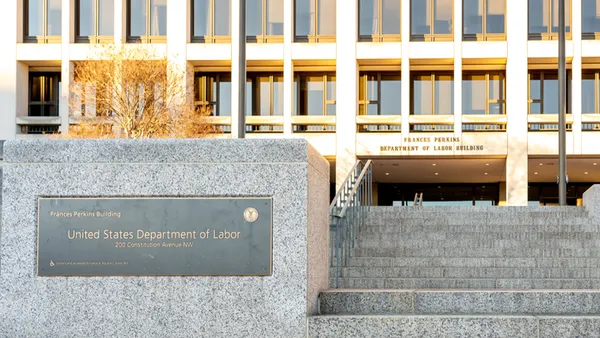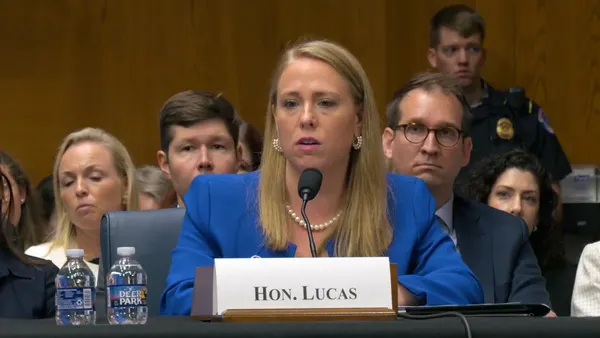Under Florida law, employers are not necessarily liable for incidents of domestic violence at work, the 11th U.S. Circuit Court of Appeals held on May 5.
The appeals court reached this conclusion in response to a lawsuit, Gimenez v. McLane Co., Inc., et. al.; after a worker’s ex slipped through security measures to gain access to McLane’s facility and set the plaintiff on fire, she alleged negligence on behalf of McLane.
Facts of the case
The plaintiff worked at McLane’s facility in Orlando, Florida. The assailant had previously worked for McLane and had been terminated for reckless driving in 2019. The two workers had a brief relationship in 2018 and had been on amicable terms until late 2020.
In early 2021, the plaintiff cut off contact due to her ex-partner’s increasing anger over the breakup.
One year later, when the incident occurred, McLane had a written policy that prohibited unauthorized entry to the facility, badge-access entry and a closed-circuit camera system. Employees had also allegedly been trained on security measures.
The assailant gained access to McLane’s facility by wearing his old uniform sweatshirt, a freezer suit, gloves and sunglasses to “blend in with employees,” the court said.
When he couldn’t get in through the locked doors, he waited until an authorized employee badged in and followed them inside.
Once inside, the worker’s ex-partner located her, doused her in gasoline and set her on fire.
The assailant, who was sentenced to 15 years in prison, told investigators that he targeted the plaintiff at work specifically because her family would not be present to protect her.
Shortly after, the plaintiff sued McLane, alleging negligence. When both sides moved for summary judgment, the district court said that the record didn’t demonstrate that the defendant could or should have known that a former employee would do what the assailant did.
Appeals court weighs in
Then the plaintiff appealed. To prevail on her claim, she needed to prove that McLane owed her a legal duty, that it breached that duty, and that the breach “actually and proximately” caused the plaintiff’s injuries.
The court highlighted that under Florida law, harm is “proximate” if foresight would lead someone to “expect that similar harm is likely to be substantially caused by the specific act or omission in question” — and that the facts presented in court did not prove that McLane caused the plaintiff harm.
And while Florida employers may not always be liable for such incidents at work, business leaders can work to prevent acts of violence at work by doing risk assessments, workplace experts have told HR Dive.
They have also encouraged employers to train workers in de-escalation techniques regarding customers, clients or external individuals.
While acknowledging that the harm was unforeseeable to McLane, the judge also noted that what the plaintiff went through was “unspeakable,” noting that she was “targeted in a place where she had every right to feel safe — her workplace — by someone she once trusted.”














